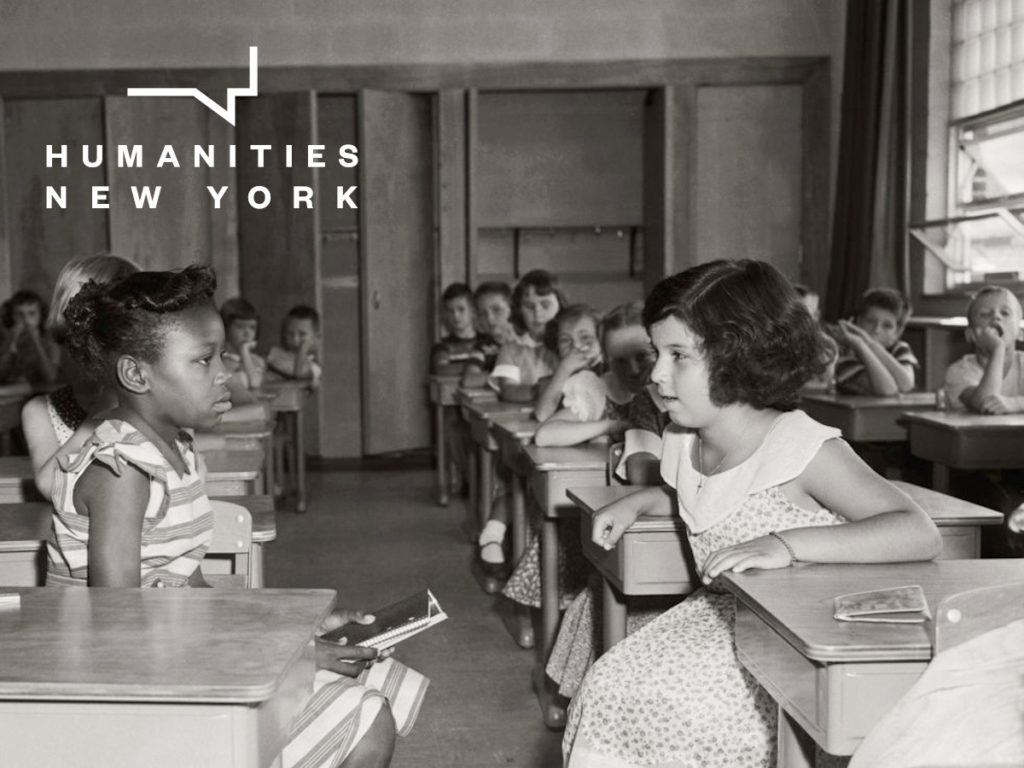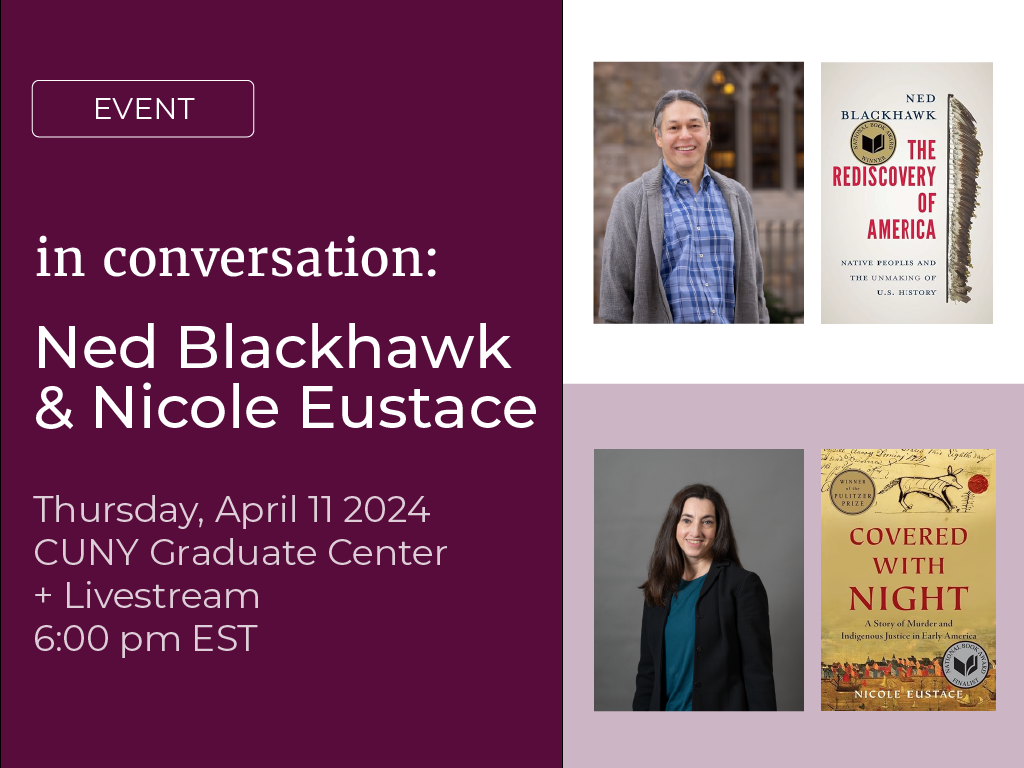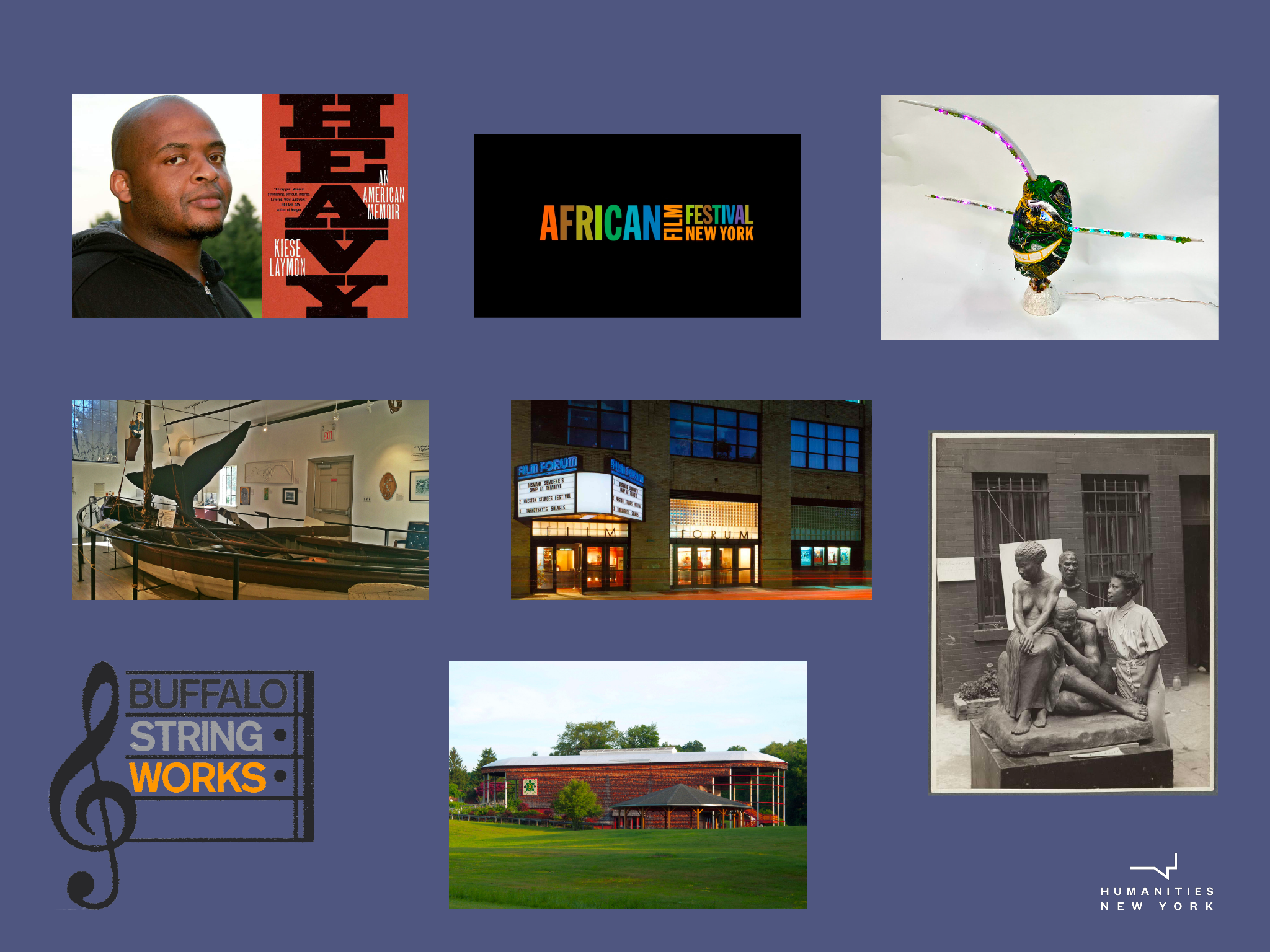This October, HNY’s Online Community Conversations will look at how our nation uses its history, exploring ways in which American history so deeply informs our society and our self-image while, at the same time, many Americans’ memories have little to do with the historical record. We will be hosting this conversation on October 21st. Register here.
These conversations lead up to the second annual History and the American Imagination event. This year we are hosting, virtually, distinguished scholar Danielle Allen and celebrated author Kiese Laymon for an illuminating conversation about the ways they see this topic. HNY board member Deva Woodly, Professor of Politics at The New School, will moderate. (If you’d like to be the first to see it, consider becoming a member today and catch the full premiere program October 28th, 29th or 30th).
HNY’s Zoom-based Community Conversations are free with registration. We have curated a brief selection of texts from Allen, Laymon, and Woodly to get you thinking about history, myth, literature and the American imagination. Like all of HNY’s Community Conversations, this one will use a single brief text to get things going. This text will be provided after registration. As for the reading list, each of these selections is available online, free of charge.
Danielle Allen
“The Flawed Genius of the Constitution”
Although Americans’ admiration of the Constitution is deserved, the document itself is the product of compromise and machination, much of which was executed in service to the institution of slavery. In this piece, Allen examines the complicated history of the Constitution’s drafting while also offering a full-throated defense of the document’s “practical leadership.”
“The Road from Serfdom: How Americans Can Become Citizens Again”
Allen offers an essay tracing the fracturing of American society that began in the 1970’s and that has yet to cease. The results of this fracture include disunity and factionalism, phenomena have been observed to precede the death of a democracy. Working with inspiration from George Washington to Friedrich A. Hayek, Alllen analyzes our current national disarray and offers pragmatic steps for moving beyond our unharmonious present.
“Turning Strangers Into Political Friends”
Allen’s Talking To Strangers: Anxieties of Citizenship Since Brown v Board of Education has had a strong influence on HNY’s conversation-based programs. This excerpt focuses on one of Allen’s essential arguments: for a democracy to flourish, members of its electoral minority must be able to trust in the good faith of majority rule.
“The Life of a South Central Statistic”
An excerpt from her book Cuz, which explores life and premature death of her cousin. What can his death show us about the struggles that comprise much of life for often-forgotten Americans?
Recently, Allen received the Kluge Humanities Prize, an honor bestowed by the Library of Congress. The Kluge is often described as a Nobel Prize for those who work in areas not normally honored by the Nobels. During her time as a Kluge honoree, Professor Allen will pursue work on “Our Common Purpose,” a project which intends to reestablish civic strength. The document is exhaustive, inspiring1, and required reading for policy-makers and others who seek to resurrect a healthy body politic.
Kiese Laymon
By turns bracing, beautiful, ferocious, and melancholy, a piece that defies literary definition recounts and voices the frustrations of many Black Americans during this terrible and horrifying year.
“Eulogizing and Trying to Understand the Death of Her Cousin”
To the best of HNY staff members’ knowledge, this review of Danielle Allen’s Cuz by Laymon is the closest the two writers have ever been. Laymon calls attention to Allen’s plea for “us to find the moral imagination to break the American pattern of racial abuse.”
“I am a Big Black Man Who Will Never Own a Gun Because I Know I Would Use It”
Laymon offers up a challenge to American violence, racism, and prejudice, served direct and with a side of Faulkner and family history. How do you deal with it? If you’re Laymon, you don’t get a gun.
An excerpt from Laymon’s memoir, Heavy, one of the most powerful, vulnerable, and dazzling memoirs in decades.
The Longform Podcast, Episode 335
Laymon joins the Longform Podcast to talk about writing, American, race, and love.
Deva Woodly
A powerful, succinct call for social movements, and how they are often the best way to form an engaged citizenry.
Woodly argues that the protests of 2020 are not only an appropriate response to violence aimed at black bodies: they are necessary to create social and political possibilities that would not otherwise be available to the nation.
Don’t miss a conversation, sign up for our Newsletter.
Reading list compiled by Michael Washburn, Director of Programs, with help from fellow HNY staff members.



